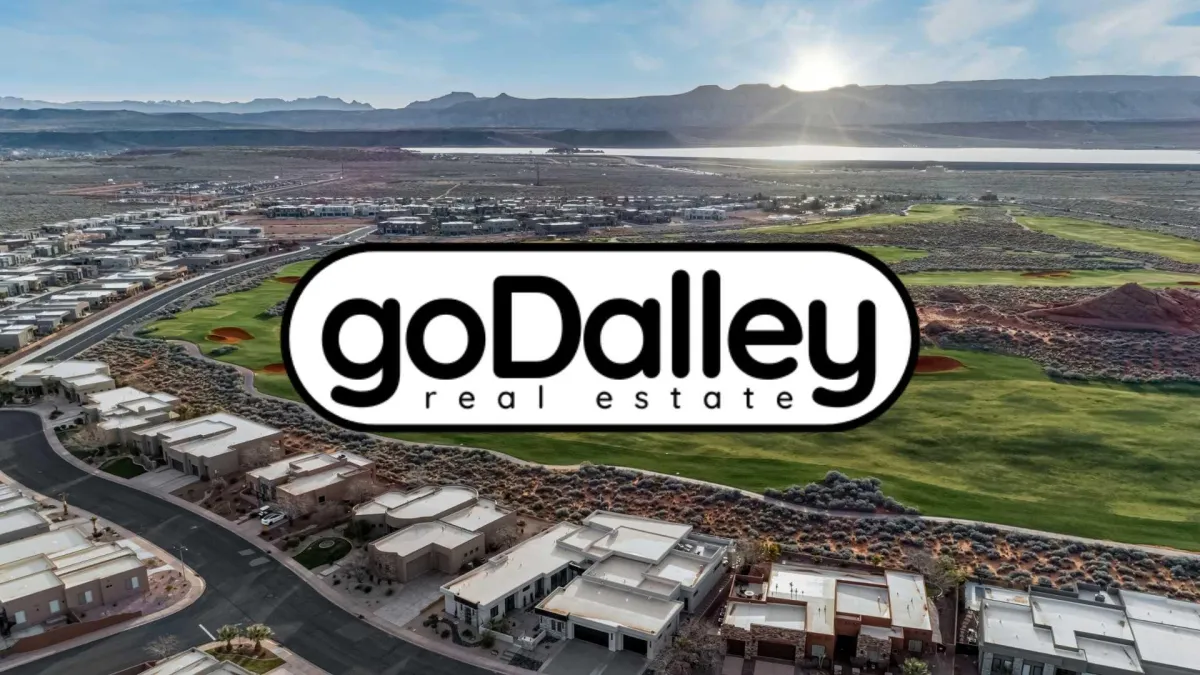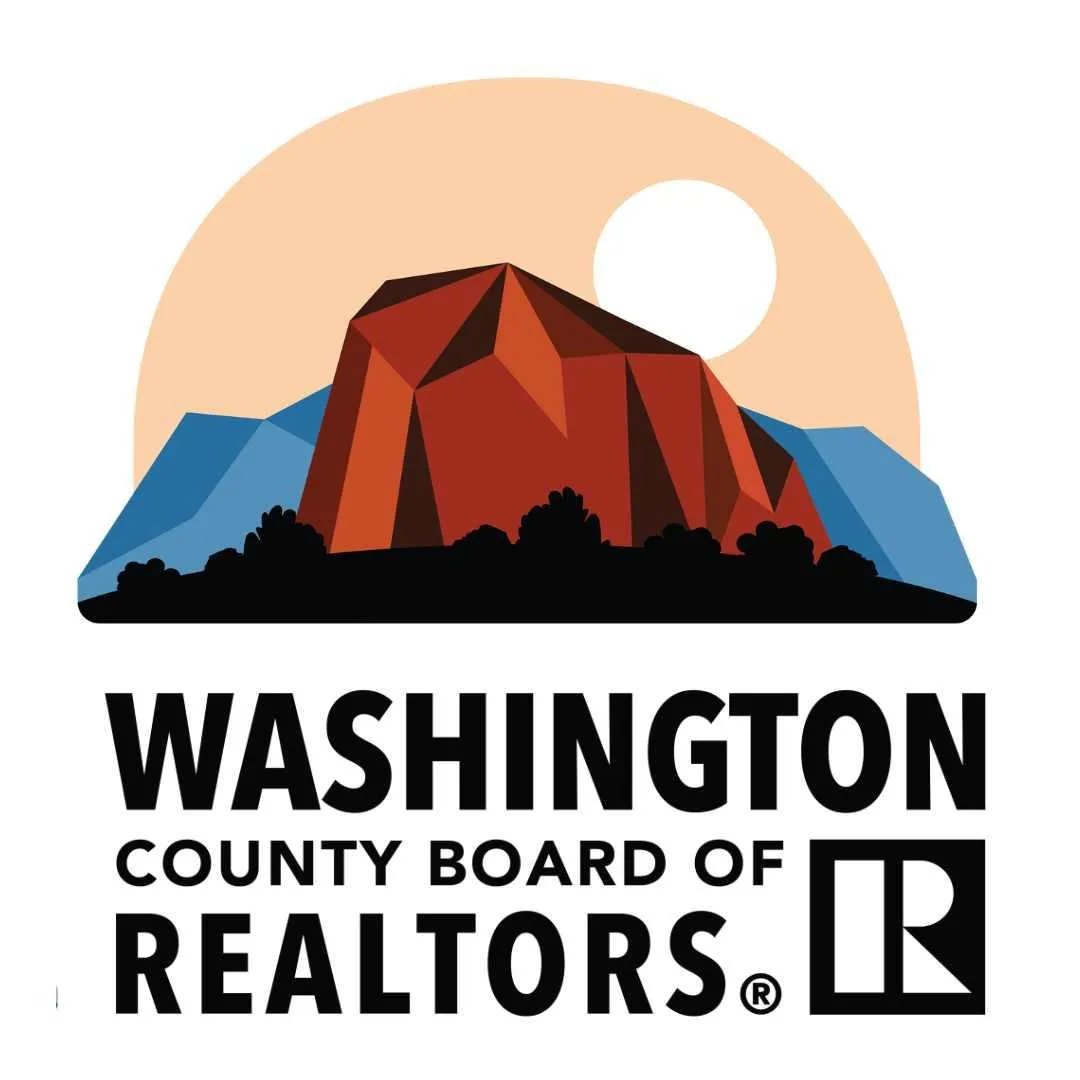
Utah Real Estate News
Resource Links
Thousands of Potential Home Buyers Are Coming to St. George
Are You Ready To Sell?
Thousands are coming, and if you're ready to sell your home, contact a realtor who will sell it for top dollar!

Why Are Utah Home Sellers Losing Thousands of Dollars...Even With a Realtor?
Selling your home can be one of the most significant financial decisions you'll ever make. But many Utahns are losing thousands of dollars without even realizing it.
With countless factors to consider—from pricing strategy to home preparation—it's easy to make costly mistakes that reduce your home's value or delay the sale. Worse, many sellers unknowingly trust real estate agents to handle everything without doing their homework.
So how can you avoid leaving thousands of dollars on the table when selling your home? Here’s a deep dive into the common pitfalls and, more importantly, what you should do instead to maximize your profits.
Mistake #1: Ignoring Market Research and Overpricing Your Home
Setting the right price is crucial. Overpricing is one of the biggest mistakes sellers and real estate agents make. Many homeowners believe their property is worth more than the market value, often due to emotional attachment or misinformation.
Real estate agents might even agree to a higher asking price to secure your listing. But the reality is that an overpriced home can sit on the market for months, and when it finally sells, it often does so below market value.
The Data:
According to the National Association of Realtors (NAR), homes that are priced correctly from the start sell 50% faster and for closer to the asking price than those that are overpriced. The longer your home stays on the market, the more likely you are to have to lower the price, and buyers may assume something is wrong with the property.
Real-Life Example:
Take the case of Sarah and David, who listed their home in Southern Utah at $750,000—$30,000 above market value. They received very few showings over the first month, and as the listing became "stale," they had to reduce the price twice. In the end, their home sold for $710,000, far below what it could have fetched had they priced it correctly from the beginning.
Do This Instead:
Get a Comparative Market Analysis (CMA): Ask your agent to provide you with a CMA that looks at recent sales of similar properties in your area.
Monitor Local Trends: Research the price per square foot in your neighborhood and monitor seasonal
trends.
Be Realistic: Price your home slightly below market value to attract multiple offers, which can drive the price up.
Mistake #2: Skimping on Home Preparations
You might think your home is perfect just the way it is, but today’s buyers are savvy and expect homes to be move-in ready. Failing to properly prepare your home can cost you thousands in reduced offers or force you into costly negotiations during the closing process.
The Data:
A study by HomeLight found that 75% of agents recommend staging, and homes that are staged sell for an average of 6-10% more than those that aren’t. Simple improvements like a fresh coat of paint or decluttering can increase your home's perceived value.
Real-Life Example:
John, a homeowner in St. George, Utah, listed his house without any updates or repairs. His home had visible wear and tear, outdated fixtures, and cluttered spaces. Despite his agent’s advice to declutter and repaint, he listed the home "as-is." After several months on the market, John ended up selling for $30,000 less than he anticipated because buyers factored in the cost of repairs and the perceived value of the home was underestimated.
Do This Instead:
Deep Clean and Declutter: Remove personal items and unnecessary furniture to make your home feel larger and more appealing.
Stage Key Rooms: Focus on staging the living room, master bedroom, and kitchen to create a welcoming atmosphere.
Invest in Minor Repairs: Fix leaky faucets, patch up holes, and repaint with neutral colors to give your home a fresh look.
Focus on Curb Appeal: A well-maintained lawn, clean driveway, and fresh landscaping can make a huge difference in first impressions.
Mistake #3: Hiring the Wrong Realtor
Not all real estate agents are created equal. Some will simply list your home and wait for offers to roll in, while others will actively market your property, negotiate skillfully, and provide valuable guidance. Hiring the wrong agent can cost you in terms of both time and money.
The Data:
According to Zillow, homes sold with a top-performing real estate agent sell for an average of $10,000 to $20,000 more than homes sold by less-experienced agents. Top agents are more likely to use professional photography, effective marketing strategies, and superior negotiation skills.
Real-Life Example:
Susan hired a part-time agent who lacked experience in her local market. The agent listed her home with poor-quality photos, did minimal marketing, and wasn't familiar with local trends. After 90 days on the market with little activity, Susan decided to switch to an experienced agent who re-listed the home with professional photos, held open houses, and used targeted online advertising. The home sold within two weeks for $15,000 more than the original list price.
Do This Instead:
Research Agents Thoroughly: Look for agents with a proven track record in your area and check their reviews and references.
Ask About Their Marketing Strategy: Make sure they use professional photography, social media advertising, and virtual tours.
Evaluate Communication: Choose an agent who is responsive, transparent, and provides regular updates on your listing.
Mistake #4: Neglecting to Market Your Home Effectively
In today’s digital age, it’s not enough to simply put a "For Sale" sign in your yard and wait for buyers. Poor marketing can result in fewer showings, lower offers, and a longer time on the market.
The Data:
Homes with professional photography sell 32% faster than those with amateur photos, according to Redfin. Furthermore, homes marketed online with virtual tours and 3D walkthroughs see a significant boost in buyer interest.
Real-Life Example:
A homeowner in Ivins, Utah, tried to sell his home using photos he took with his smartphone. The photos were poorly lit, blurry, and didn't show off the property’s best features. After three months with little interest, his agent hired a professional photographer and created a virtual tour. Within a week of re-listing, the home received multiple offers, ultimately selling for $12,000 over asking price.
Do This Instead:
Invest in Professional Photography: High-quality images make a huge difference in attracting online buyers.
Utilize Virtual Tours: Especially for out-of-town buyers, a virtual tour can provide an immersive experience that increases interest.
Leverage Social Media: Share your listing on platforms like Facebook, Instagram, and LinkedIn to reach a wider audience.
Host Open Houses and Private Showings: Engage potential buyers with well-advertised open houses and offer virtual open houses if needed.
Mistake #5: Being Emotionally Attached to Your Home
Selling your home can be an emotional experience, but letting those emotions get in the way can hurt your bottom line. Whether it’s holding out for a higher price or refusing to make needed repairs, emotional attachment can lead to poor decisions.
The Data:
According to Realtor.com, homes that are overpriced due to emotional attachment take up to three times longer to sell. Sellers who are more flexible and open to negotiations often sell faster and for closer to asking price.
Real-Life Example:
Anna inherited her childhood home, and despite it needing major repairs, she refused to lower the price or invest in improvements. The home sat on the market for over six months. After she finally agreed to make repairs and lower the price, the home sold quickly for a fair market price.
Do This Instead:
Keep Emotions in Check: View your home as a business transaction rather than a sentimental asset.
Be Willing to Negotiate: Understand that compromise on price or repairs may be necessary to close the deal.
Focus on the Bigger Picture: Your goal is to sell at the best price possible—don’t let emotional decisions derail that.
Summary and Where Do You Go From Here
Selling your home is a complex process, but with the right strategies, you can avoid losing thousands of dollars. By pricing your home correctly, preparing it for the market, hiring the right agent, and leveraging effective marketing tactics, you’ll maximize its value and attract motivated buyers.
If you're thinking about selling your home in Southern Utah and want expert guidance, contact a local realtor today. They'll help you navigate the selling process and ensure you walk away with the best possible outcome.
Don’t lose money on your home sale—take control of the process and maximize your profit!
Contact your local realtor, and they will best be able to help you navigate the ever-changing real estate market.
For further data, you can access local real estate statistics at the Utah Association of Realtors
The Brutal Truth About Real Estate in 2025: These 10 Trends Could Change Everything
The 2025 real estate market will be full of challenges and opportunities. From political uncertainty and rising insurance costs to high financing rates and AI-powered tools, these trends will shape ho... ...more
Selling ,General Real Estate Info &Buying
December 17, 2024•6 min read
















